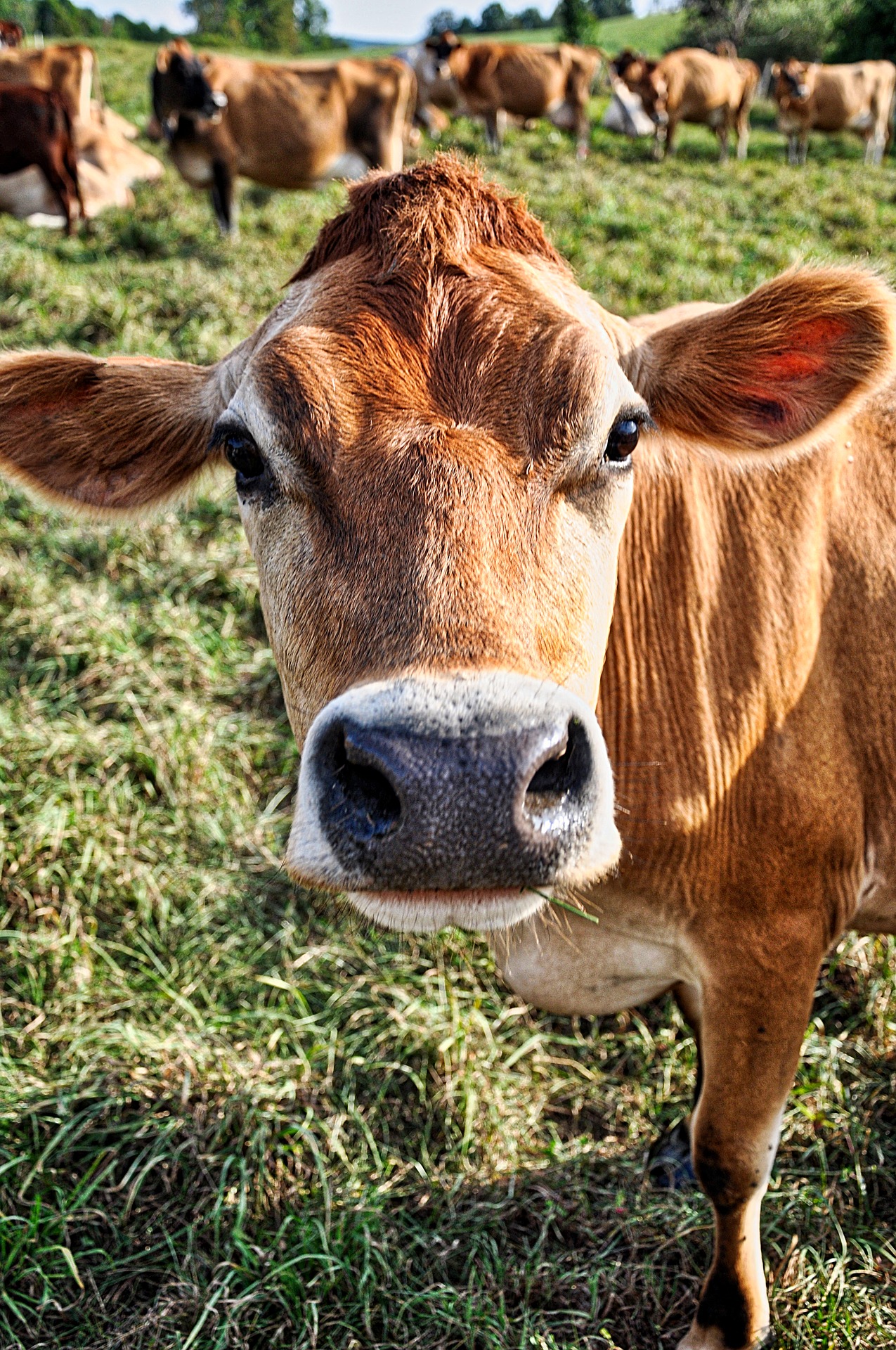Breeding Soundness Examination
For a breeding pair to be successful, both dogs must be fertile and physically able to breed. This may sound simple, however, looks can be deceiving at times. Either animal may have underlying issues preventing a good mating. There may be physiological concerns preventing successful conception and carrying healthy pups to a live delivery.
What’s involved?
The breeding soundness for the male involves a general physical evaluation, examining the scrotum and penis for defects, most importantly the evaluation of a fresh semen sample. The physical exam seeks to identify health concerns or any concurrent diseases that may negatively impact sperm production. Certain medications can interfere with normal sperm development, and some skin conditions may be of concern.
Semen samples are collected immediately before evaluation, and in my experience, the presence of a female in estrous produces a sample that better represents the male’s ability. Collected in its different fractions, the semen is evaluated for color, volume, quality of the sperm cells, motility and concentration (cells per milliliter) of sperm per ejaculate. This process determines whether the sperm is produced in sufficient quantity and is viable; healthy with no developmental defects and “good swimmers” capable of reaching the eggs in the female for fertilization.
Similarly, a complete physical exam is performed on the bitch, assessing the genital and mammary areas. Some bitches may have strictures within the vagina that make mating painful, or perhaps poorly developed teats that will make nursing difficult for pups. The bitch should be in good enough physical condition to conceive and carry the pups to term. It should be noted; some females have irregular heat cycles and breeding may easily be mistimed. Various tests can be performed in clinic to determine the optimum time to breed.
Contact us
Have you experienced difficulties propagating your prized line? Please contact us for more information on the breeding soundness examinations.

Dr Laura Hutchinson, Trinity Animal Clinic
